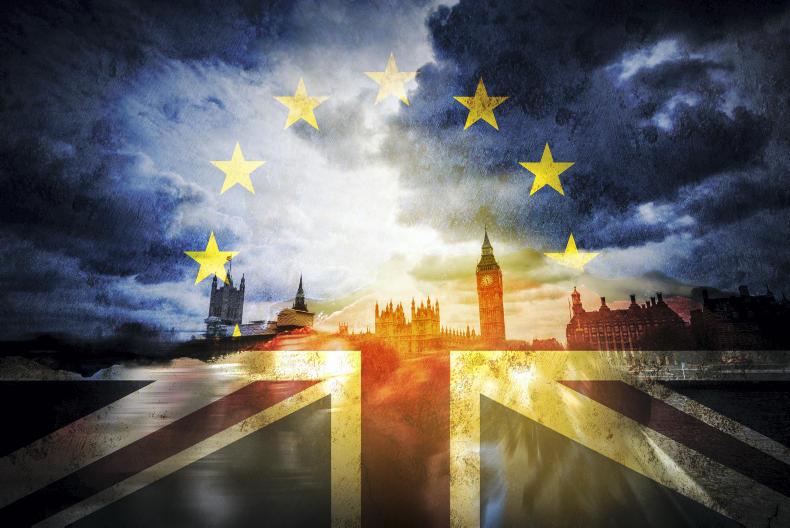The departure of the British Prime Minister Theresa May from office has been predicted for several weeks now and it was of little surprise when her departure date was announced on Friday.
The plan is that she will resign on 7 June and the process of selecting her successor will begin, with a new prime minister in place by July.
Replacement
Boris Johnson is the favourite, but there is a long tradition in the Conservative Party of the front runner not getting to the finishing line first.
With up to 20 MPs supposed to be interested, there is still some way to go before a winner is announced.
What does seem likely is that the winner will come from what is described as the Brexit wing of the party.
The only difference in terms of what direction the departure of the UK from the EU will take is that the most pro-Brexit MPs are quite enthusiastic about a UK departure without a deal and picking up trade with the EU27 on WTO terms. This is worrying for Irish farmers.
Deal remains the same
The reality is that the UK departure from the EU will have to be on either the terms of the withdrawal agreement or with no deal at all.
The other option that is available is that the UK decides to revoke its notice to leave and continue as a member.
While this remains a possibility, it is extremely unlikely.
Therefore, we can now be sure that the weeks ahead will bring more trips to Brussels, more discussion, but no clear picture on how the conflicting interests of the hard Brexit view can be matched with the EU rules for the single market.
Continued uncertainty
For Irish farmers, this simply means that the uncertainty created by the vote in June 2016 will continue into the autumn.
It had been Theresa May’s ambition to not hold elections for the EU Parliament this week and then have everything sorted so that they wouldn’t have to take their seats at the first meeting in July.
However, her final act in trying to present her withdrawal agreement for a fourth time was to prove her last stand and now a humiliating election result awaits the Conservative Party.
Ongoing Brexit
For Irish farmers, particularly in the beef sector, Brexit isn’t a one-off event, it is an ongoing agony.
Sterling has weakened day by day recently and now stands at over 88p to €1.
A new prime minister won’t have any more tools in negotiating with Brussels than Theresa May did.
Therefore, the risk of a UK departure without a deal on 31 October becomes more of a possibility as Boris Johnson made clear his willingness to do so.
UK doors would open to all
Ahead of the first scheduled departure date on 31 March, the UK published its tariff plan for a no-deal departure.
Given the current political situation in Westminster, it is necessary to read this document again and be reminded that if there is no deal, the UK is opening its doors to beef supplies from everywhere in the world.
With a lead-in time from now until 31 October, it is not unrealistic to project that supply lines can be opened with South America and shelves kept stocked in the event of a no-deal Brexit.
The EU Commission and Irish Government have been true to their word in supporting farmers with the €100m announcement last week.
Unfortunately, it does not appear that there is an immediate solution to the Brexit problem and farmers could well have to call for further support if the continuing uncertainty causes depressed prices or at worst Irish beef is displaced by a South American cheaper alternative under new UK tariff rules.
The departure of Theresa May solves nothing for Irish farmers.






 This is a subscriber-only article
This is a subscriber-only article










SHARING OPTIONS: